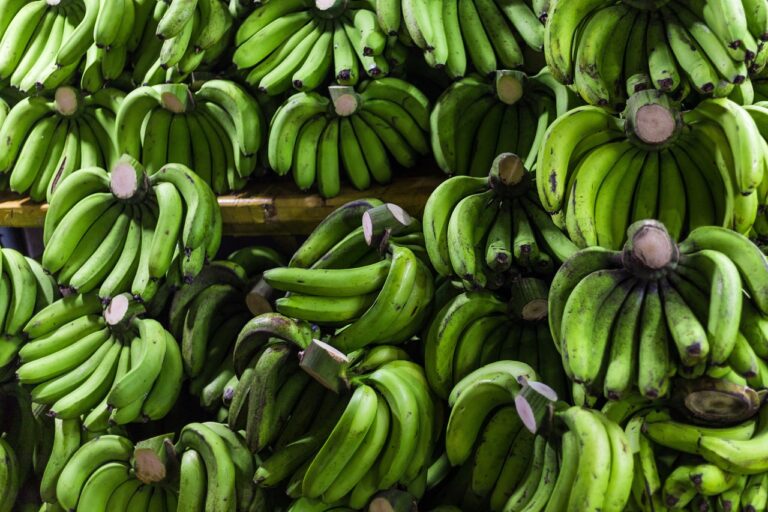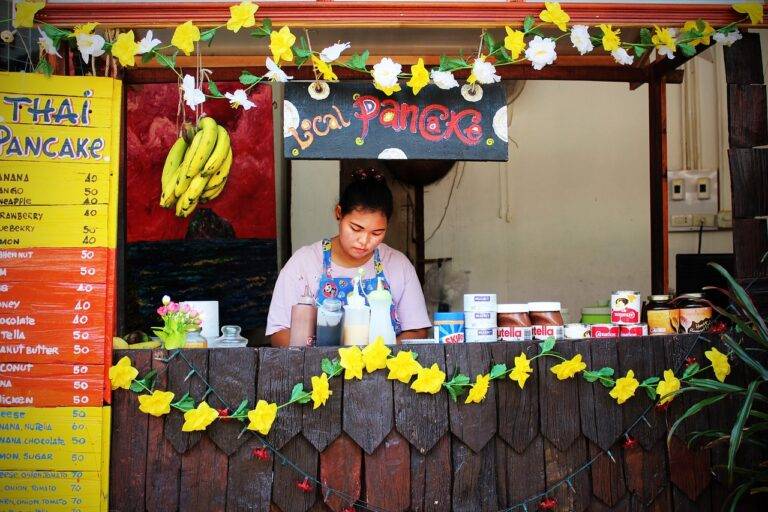Exploring the Benefits of Urban Farming: Addressing Food Security and Sustainability in Cities
Urban farming has gained momentum in recent years as a sustainable solution to address food security and promote environmental sustainability in cities. As populations continue to grow and resources become increasingly scarce, the need for innovative approaches to food production becomes more pressing. Urban farming offers a unique opportunity to grow fresh produce locally, reducing food miles and carbon emissions associated with transportation. In this article, we will explore the benefits of urban farming and how it can help cities become more self-sufficient in food production.
Benefits of Urban Farming
1. Increased Access to Fresh Produce: Urban farming allows city dwellers to have access to fresh, locally grown produce that is both nutritious and delicious. By growing food within city limits, urban farmers can harvest fruits and vegetables at their peak ripeness, ensuring maximum flavor and nutrition.
2. Enhanced Food Security: Urban farming helps to mitigate the risk of food shortages and price fluctuations by increasing the availability of locally produced food. In times of crisis or disruptions to the food supply chain, urban farms can play a crucial role in ensuring that residents have access to fresh, healthy food.
3. Support for Sustainable Agriculture: Urban farming promotes sustainable agricultural practices such as organic farming, composting, and water conservation. By growing food in urban settings, farmers can minimize the use of synthetic pesticides and fertilizers, reduce water consumption, and promote biodiversity in cities.
4. Community Building: Urban farms serve as gathering places where residents can come together to learn about food production, exchange ideas, and build social connections. By engaging with the local community, urban farmers can create a sense of ownership and pride in the food system, fostering a more resilient and vibrant city.
5. Environmental Benefits: Urban farming can help reduce the environmental impact of food production by lowering carbon emissions, conserving energy, and reducing food waste. By growing food closer to where it is consumed, urban farms can minimize the need for long-distance transportation and refrigeration, resulting in a smaller carbon footprint.
Challenges of Urban Farming
While urban farming offers numerous benefits, it also presents certain challenges that must be addressed in order to be successful:
1. Land Availability: One of the main challenges of urban farming is finding suitable land for cultivation in densely populated cities. Limited space, zoning regulations, and land costs can make it difficult for urban farmers to secure land for growing food.
2. Access to Resources: Urban farmers often face barriers in accessing resources such as water, soil, seeds, and tools needed for successful cultivation. Without adequate support and infrastructure, urban farms may struggle to thrive and expand.
3. Financial Sustainability: Urban farming can be a costly endeavor, requiring investments in infrastructure, equipment, and labor. Generating sufficient revenue to cover expenses and make a profit can be a challenge for urban farmers, especially those operating on a small scale.
4. Community Engagement: Building a strong community around urban farming requires active engagement and outreach efforts to educate and involve residents in the food system. Without the support of the local community, urban farms may struggle to gain traction and support.
Case Studies
1. Brooklyn Grange: Located in New York City, Brooklyn Grange is a rooftop farm that spans several acres and produces over 50,000 pounds of organic vegetables each year. The farm utilizes innovative growing techniques such as hydroponics and greenhouses to maximize production in a limited urban space.
2. City Farmer: Based in Vancouver, Canada, City Farmer is a nonprofit organization that promotes urban agriculture through educational programs, workshops, and community gardens. The organization helps residents learn how to grow food in their own backyards and supports the development of urban farms throughout the city.
FAQs
What is urban farming?
Urban farming is the practice of growing food in urban areas such as cities, towns, and suburbs. It encompasses a wide range of techniques including rooftop gardens, community gardens, vertical farming, and aquaponics.
Why is urban farming important?
Urban farming is important because it promotes food security, sustainability, and community resilience in cities. By growing food locally, urban farms reduce the ecological footprint of food production, increase access to fresh produce, and foster social connections among residents.
How can I get involved in urban farming?
There are many ways to get involved in urban farming, including volunteering at a community garden, attending workshops on sustainable agriculture, or starting your own rooftop garden. By connecting with local organizations and farmers, you can learn more about urban farming and contribute to a more sustainable food system.
Overall, urban farming offers a promising solution to the challenges of food security and sustainability in cities. By harnessing the power of local food production, urban farmers can create a more resilient and vibrant food system that benefits both people and the planet.







